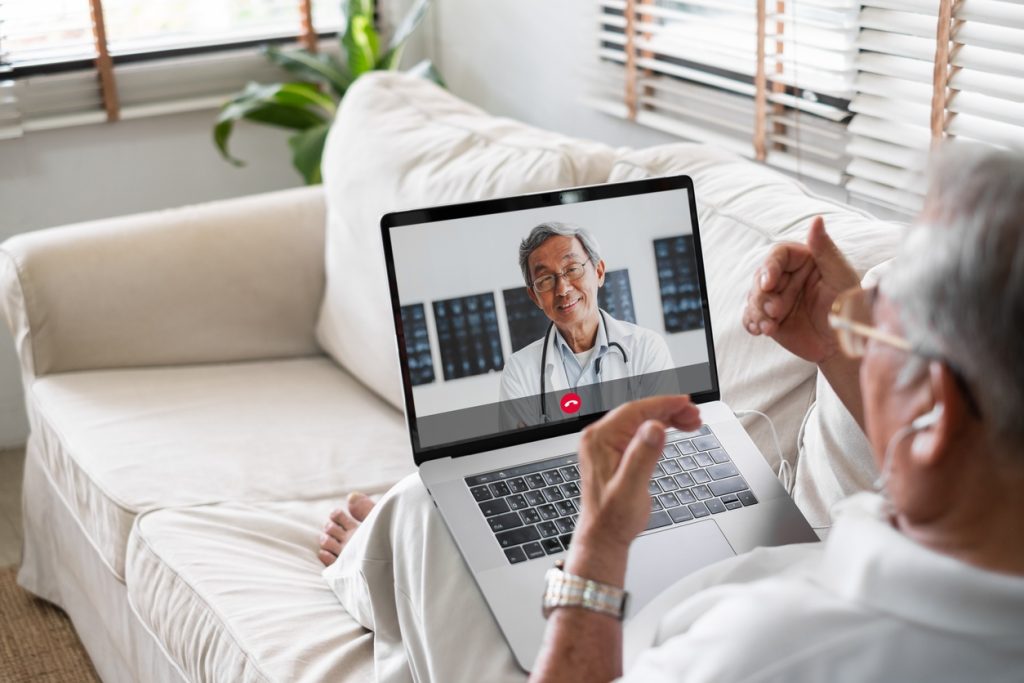In early April 2020, the Department of Health (DOH) and the National Privacy Commission (NPC) in the Philippines developed a framework for telemedicine services in a bid to decongest hospitals, minimize risks posed by unnecessary patient traffic and be able to provide access to health services during the Enhanced Community Quarantine (ECQ). Under the DOH-NPC Joint Memorandum Circular, Medical consultations over the phone, chat, short messaging service (SMS), and other audio and visual-conferencing platforms are considered telemedicine services in the country. As all the doctors on the hotline are licensed and certified to provide telemedicine consultations, they are allowed to issue electronic case reports and prescriptions. The DOH partnered with telemedicine companies Telimed Management Inc, Medgate and Globe Telehealth, Inc to bring these services about.
Meanwhile, towards the end of April, the Philippine Medical Association (PMA) has launched a free online consultation facility – Docph.org – that aims to help ease the huge numbers of patients flocking to hospitals and seeking assistance from healthcare system.
Additionally, RxBox, a locally developed portable multi-component telemedicine device, now also plays a big role in enabling telehealth services — especially in the now heavily embattled UP Philippine General Hospital — amidst the COVID-19 outbreak.
Even before the current COVID-19 pandemic hit the Philippines, the country was already facing Medical worker shortages amid rising healthcare needs as brought about by a growing and ageing population, and at the same an expanding middle class and rising incomes. Moreover, the Philippines’ geography composed of thousands of archipelago, makes the accessibility of healthcare services a challenge in remote locations. Telemedicine, while this is not yet well known among Filipinos, is one of the solutions that has been slowly developing in the country in recent years. However, with the need of social distancing in curbing the rise of COVID-19, the current pandemic presented an unprecedented opportunity for the rapid adoption of telemedicine in the Philippines. It should be noted also that developing telemedicine in the Philippines would involve investments in both fixed and human capital. Fixed capital investments involve the procurement and production of more telemedicine-related devices, ensuring stable and accessible internet connection, and developing and/or adopting telemedicine software, and even AI.
(Sources: BusinessWorld, Department of Health; Manila Bulletin)
